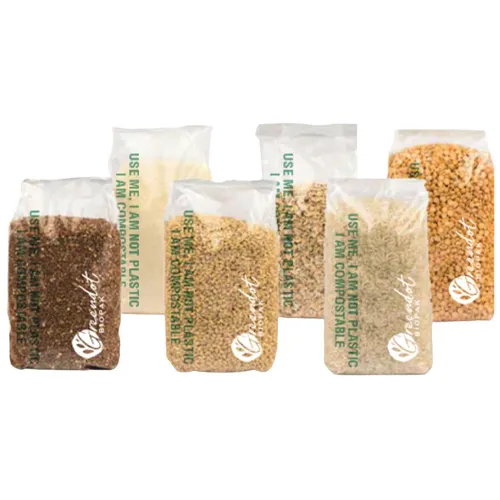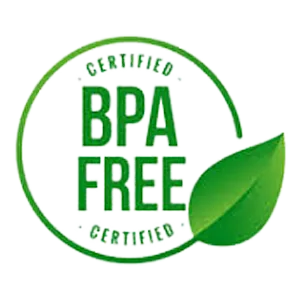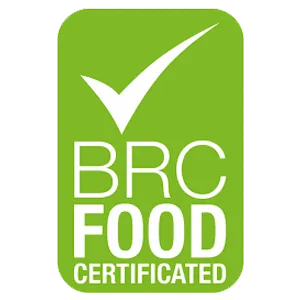
Grocery Bags Manufacturers
Grocery Bags
Grocery bags, also known as shopping bags or carrier bags, are essential items used to transport groceries and other purchased items from stores to homes or other locations. They are typically made from various materials, including biodegradable material, paper, or reusable fabric. Greendot's grocery bags are commonly made from biodegradable & compostable materials, and are lightweight, affordable, and water-resistant. Paper grocery bags are biodegradable and recyclable, making them a more environmentally friendly option. Reusable fabric grocery bags, often made from materials like canvas or nylon, are sturdy, durable, and can be used multiple times, reducing waste. Grocery bags come in different sizes and designs, with handles for easy carrying. They play a significant role in reducing the need for single-use bags and promoting sustainable shopping practices.

Features
- Available in various sizes
- Transparent and milky options available
- Food-grade and BPA-free
- 0% plastic and 100% safe
- Bio Compostable and biodegradable
- Strong for day to day groceries and convenient to carry
Applications

Supermarkets

Hypermarkets

Grocery Stores
Product Lineup
Years Experience
Award Winning
Team Member
We Are Certified
Frequently asked questions (FAQ)
There are several types of grocery bags available, including biodegradable material bags, paper bags, reusable fabric bags, and compostable bags. Each type has its own advantages and considerations in terms of durability, environmental impact, and reusability.
When choosing grocery bags, consider factors such as durability, capacity, ease of carrying, and environmental impact. Reusable fabric bags or compostable bags are generally considered more sustainable options. Assess your needs and select bags that align with your priorities.
If your grocery bags are still usable, consider repurposing them for storage, donation, or other purposes. If they are damaged or no longer suitable for use, check local recycling guidelines to see if they can be recycled. If not, dispose of them in the appropriate waste bin.
Get Best Price
© 2023 All Rights Reserved to Greendot Biopak Pvt. Ltd. | Design & Developed by Clients Now Technologies














